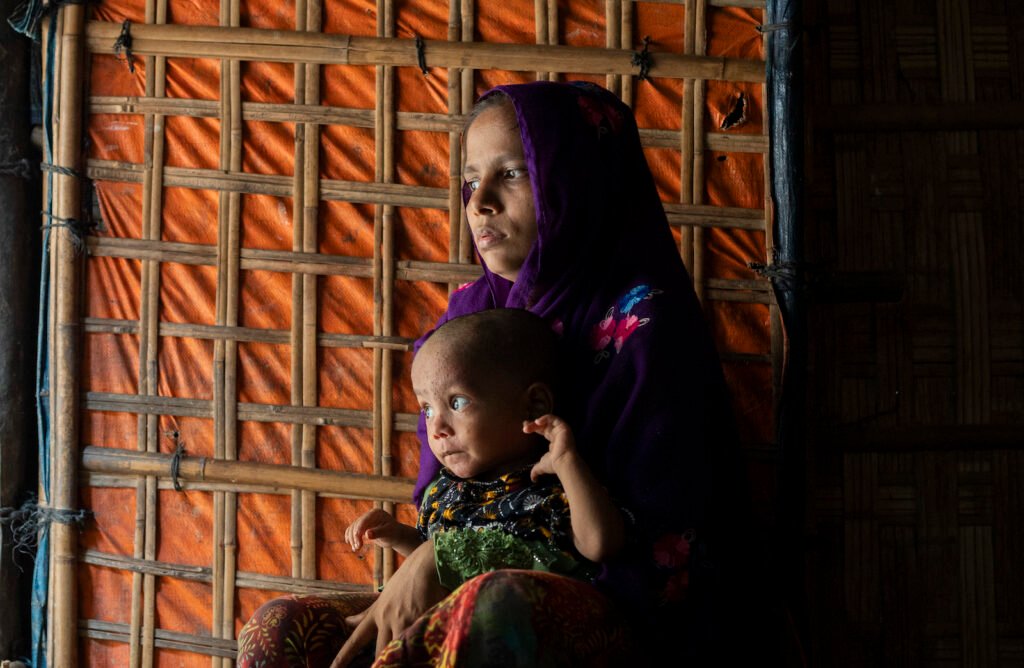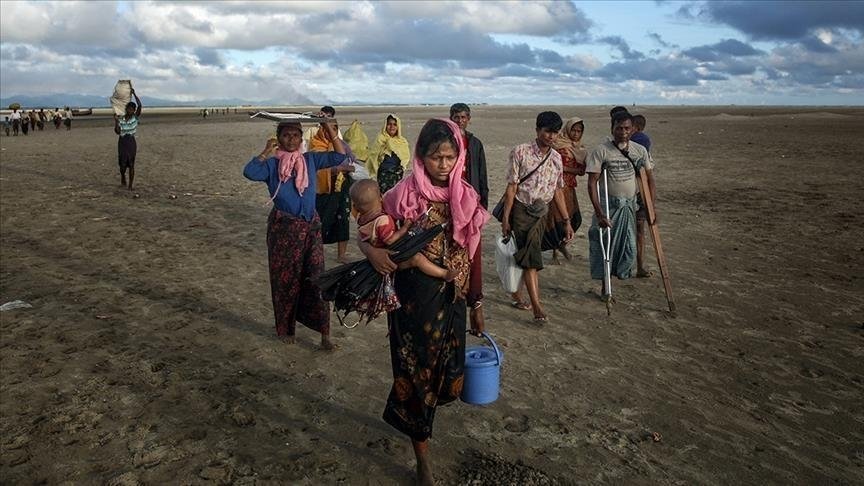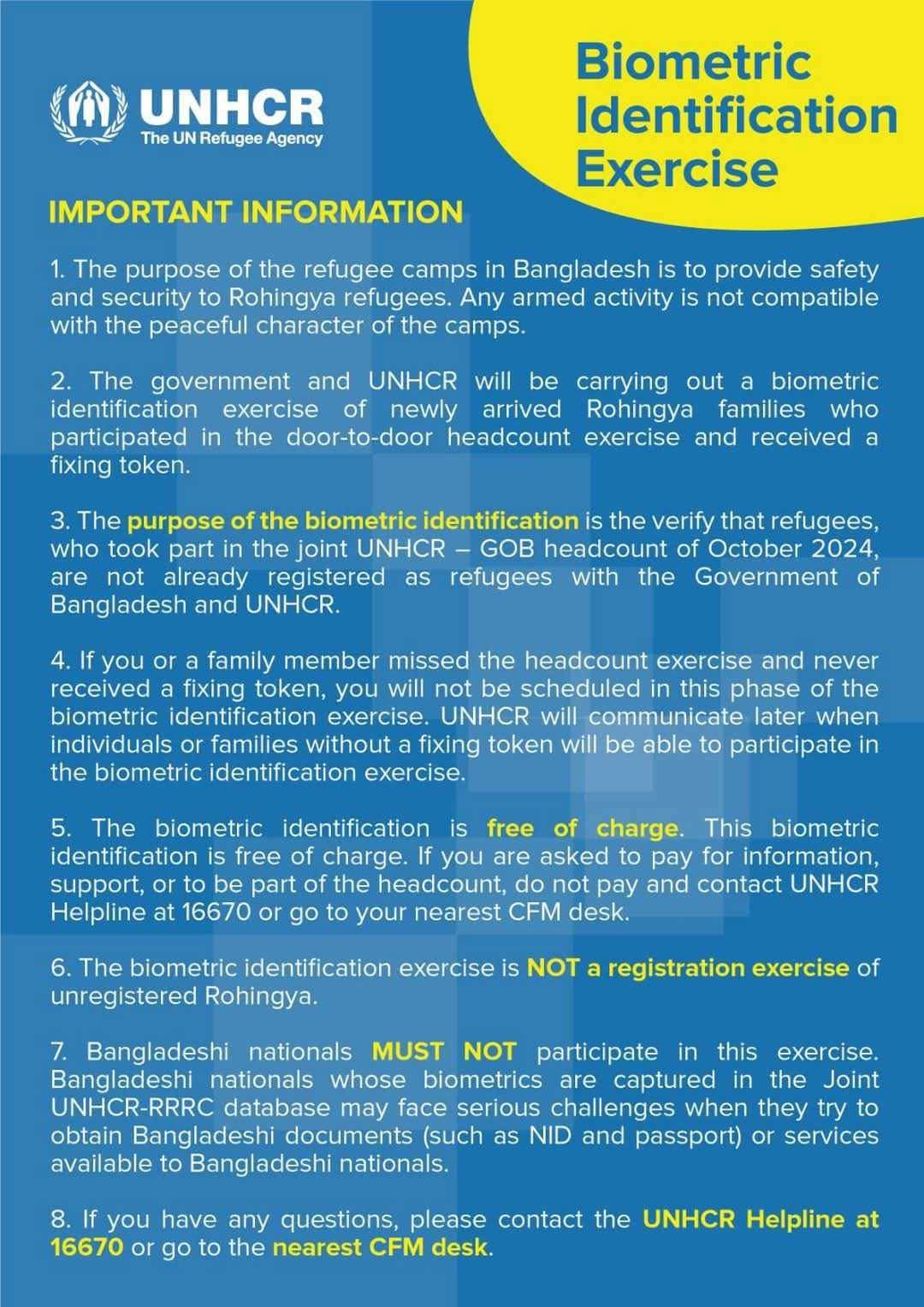The Rohingya people, an ethnic minority in the Arakan (Rakhine) state of Myanmar, have faced decades of persecution, displacement, and violence. Despite international attention, their suffering persists, with countless individuals enduring unimaginable hardship as they seek safety, dignity, and recognition of their rights. This article delves into the ongoing situation in Arakan, shedding light on the historical context, current developments, and the global response to one of the world’s most pressing humanitarian crises.

Historical Background of the Rohingya People.
The Rohingya are a Muslim ethnic group who have lived in the Arakan region for centuries. Historical records suggest their presence dates back to the 15th century when Arakan was a flourishing kingdom with diverse cultural and religious influences. However, following Myanmar’s independence in 1948, the Rohingya’s status became increasingly precarious.
In 1982, Myanmar’s military junta enacted a citizenship law that effectively rendered the Rohingya stateless, stripping them of their rights and identity. This legal disenfranchisement paved the way for systemic discrimination, including restrictions on movement, education, and healthcare.
The Escalation of Violence.
The situation worsened dramatically in 2017 when the Myanmar military launched a brutal crackdown in response to alleged attacks by the Arakan Rohingya Salvation Army (ARSA). This operation led to mass killings, widespread sexual violence, and the destruction of entire villages — atrocities that the United Nations described as bearing the hallmarks of genocide.
By the end of 2017, more than 700,000 Rohingya had fled to neighboring Bangladesh, joining hundreds of thousands already living in refugee camps. The camps, such as Kutupalong in Cox’s Bazar, became the largest refugee settlements in the world, plagued by overcrowding, disease, and limited resources.
Life in the Refugee Camps.
For those who escaped the violence, life in refugee camps is fraught with challenges. While humanitarian organizations provide vital aid, conditions remain dire. Limited access to clean water, food shortages, and inadequate medical care are daily struggles. Education is scarce, leaving a generation of Rohingya children without opportunities to build a better future.
The Bangladeshi government, while initially welcoming, faces mounting pressure as the protracted crisis strains local resources and stokes tensions. Efforts to relocate refugees to Bhasan Char, a remote island, have sparked controversy, with concerns about safety, living conditions, and the lack of freedom of movement.
Current Situation in Arakan.
Despite international condemnation, violence and discrimination persist in Arakan. The military junta, which seized power in a coup in 2021, continues to suppress dissent and marginalize ethnic minorities. Reports of human rights abuses forced labor, and land confiscation are widespread.
The Rohingya who remain in Myanmar live in apartheid-like conditions, confined to squalid camps and segregated villages. Basic rights, such as access to healthcare and education, are systematically denied, and arbitrary arrests and extortion are common.
International Response and Legal Action.
The international community has taken steps to hold Myanmar accountable. In 2019, The Gambia filed a case against Myanmar at the International Court of Justice (ICJ), accusing the state of genocide under the Genocide Convention. The proceedings, though ongoing, have been hailed as a critical step toward justice for the Rohingya.
Additionally, the United States officially declared the atrocities committed against the Rohingya as genocide in 2022, a move that intensified global pressure on Myanmar’s military leaders. Sanctions and targeted measures against key junta figures have also been implemented, though critics argue these actions fall short of driving meaningful change.
The Path Forward: Hope and Resilience.
Despite the immense suffering, the Rohingya community remains resilient. Grassroots organizations and community leaders work tirelessly to support their people, preserving culture and advocating for justice. International NGOs continue to provide critical humanitarian aid and amplify Rohingya voices on the global stage.
The solution to this crisis requires a multifaceted approach. Repatriation, though often discussed, must be voluntary, safe, and dignified — contingent on Myanmar guaranteeing citizenship and fundamental rights to the Rohingya. Diplomatic pressure, coupled with sustained international attention, is essential to push for genuine political reform in Myanmar.
How You Can Help.
Awareness and advocacy are powerful tools for change. By staying informed, sharing information, and supporting reputable organizations working on the ground, individuals worldwide can contribute to the fight for Rohingya rights. Donating to humanitarian relief efforts, signing petitions, and contacting policymakers to demand action are all meaningful ways to make a difference.
The plight of the Rohingya is a stark reminder of the consequences of intolerance and systemic discrimination. Yet, their unwavering spirit in the face of adversity inspires hope that justice and peace are achievable. The world must not turn a blind eye — it is only through collective empathy and action that we can help the Rohingya reclaim their place as equal citizens, free to live with dignity in their homeland.
By amplifying their voices and standing in solidarity, we can move closer to a future where no one is persecuted for their identity, and the light of humanity outshines the darkness of injustice.




